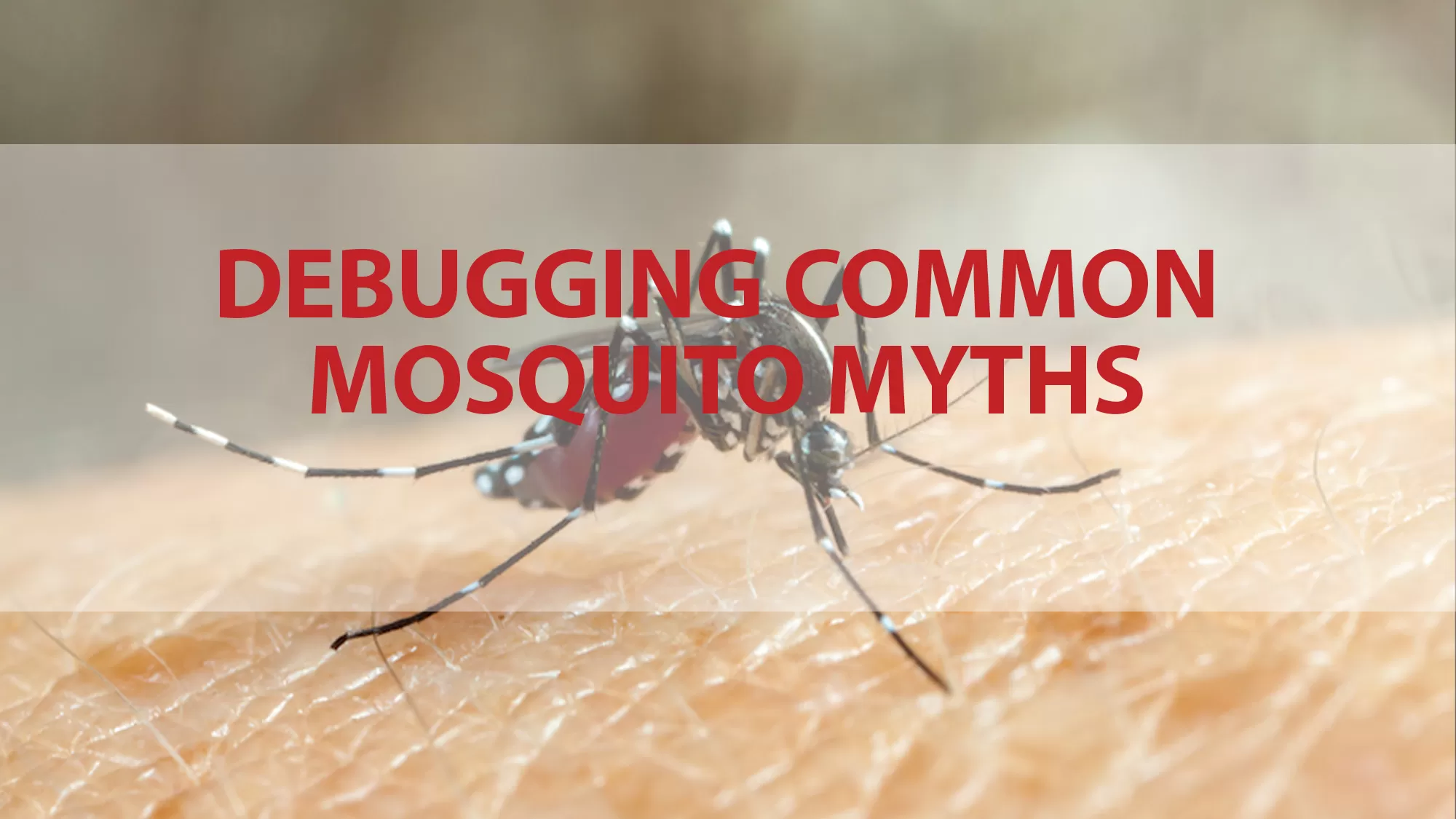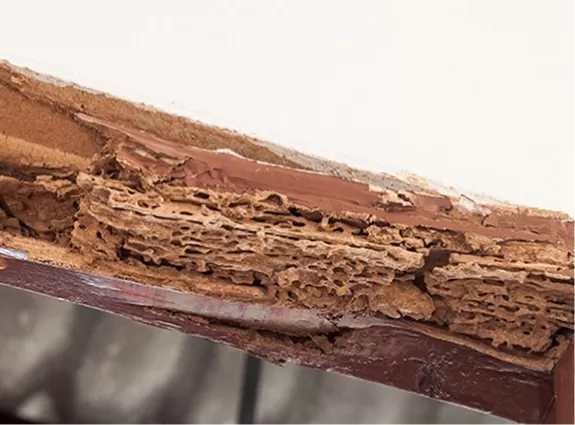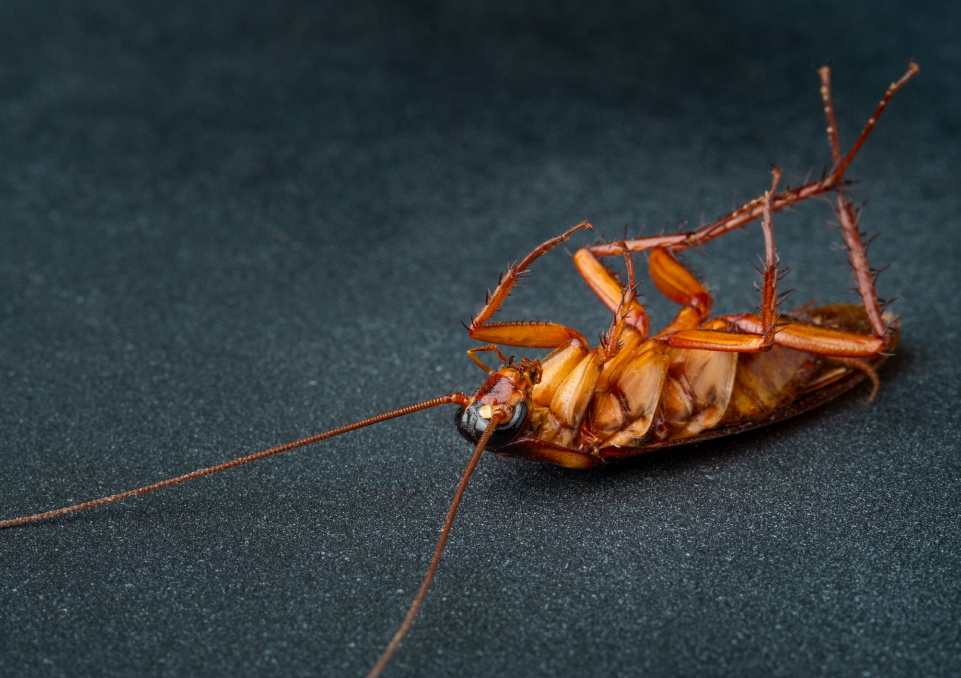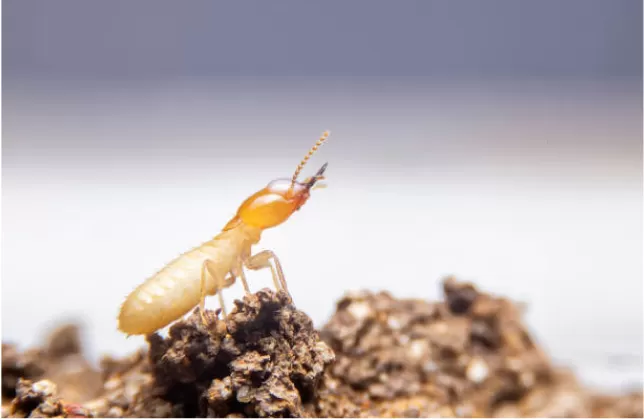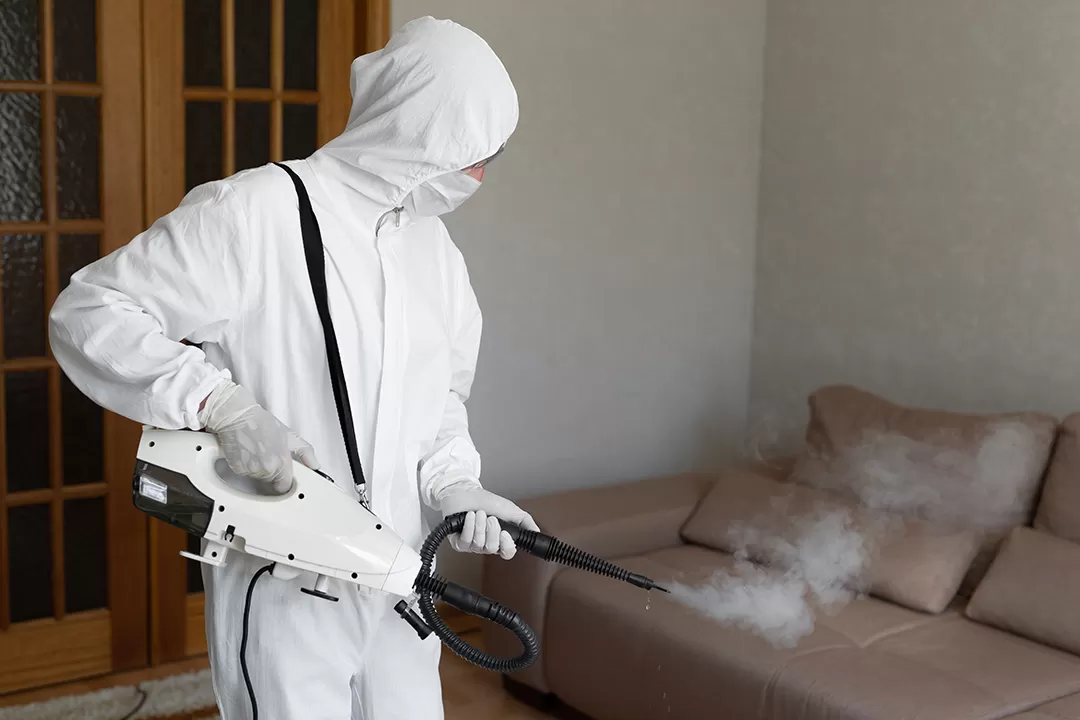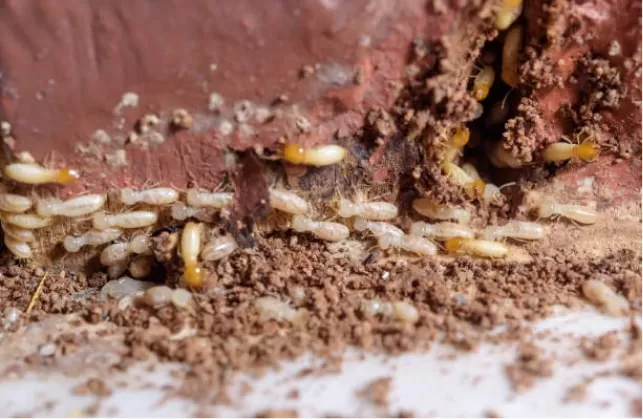Mosquitoes are universally disliked insects. The pesky pests are infamous not only for their blood-sucking bites but also for spreading a hoard of diseases. You will often hear people share a lot of random facts about these insects and how to keep them away. Unfortunately, not all this information is reliable.
Are mosquitoes most attracted to “sweet” blood? Do they only come out at night? Wondering if these are true or false? Then, you are about to find some answers! This article will debug some of the most common mosquito myths to help you decide what to believe and what not to do when dealing with mosquitoes.
8 Common Mosquito Myths – Find Out The Truth
Mosquitoes Only Bite Certain People
Are you convinced that your blood is tastier than others because you are always covered in mosquito bites? Well, mosquitoes do not choose whom to bite based on the taste of their blood. However, they do have preferences. The tiny flying insects are attracted to carbon dioxide, heat and sweat.
Often, larger people attract more mosquitoes because they have higher body temperature and release more carbon dioxide. For the same reason, even energetic people are common targets. The smell of lactic acid, uric acid, ammonia and other substances released by sweat helps mosquitoes identify their prey. In addition, the presence of particular types and volumes of bacteria that naturally live on human skin can also make you more appealing to mosquitoes.
All Mosquitoes are Carrier of Diseases
Did you know mosquitoes are regarded as the deadliest creatures globally when it comes to annual human deaths? However, even though people often put all mosquitoes in the disease-carrying category, not all spread human diseases. In fact, only members of three species out of over 3000 species of mosquitoes are primary culprits for being carriers of human diseases.
What’s more, mosquitoes generally only end up spreading diseases because there are animals or humans around them carrying that disease. Therefore, mosquitoes may be considered a nuisance to humans, but not all of them are lethal.
You Need Harsh Chemical To Eliminate Mosquitoes
Did you know eliminating mosquitoes is possible without using harmful chemicals? Yes, you’ll be surprised to find out that botanical ingredients work just as well as synthesised chemicals when it comes to managing mosquito populations in your home and surroundings.
The advantage of using botanical alternatives is that plant-based products leave fewer active residues in the environment. For example, you can find many eco-friendly mosquito repellents made of chrysanthemum daisies; a botanical insecticide commonly called pyrethrin. The best part is that mosquitoes find it challenging to build up a tolerance against eco-friendly natural alternatives. So these remedies are highly effective in repelling and keeping them away from you and your house.
Pregnant Women Are More Prone to Mosquito Bites
It is often said that pregnant women are more likely to get bitten by mosquitoes. While this is true to some extent, there are two reasons behind this:
- Carbon Dioxide – Pregnant ladies exhale more carbon dioxide compared to non-pregnant humans. And, in their late pregnancy, they exhale around 21% greater volume of breath than others. So mosquitoes get attracted to the extra carbon dioxide.
- Body Heat – Another reason is that pregnant women usually have 0.7 degrees higher body temperature. Because of this, their skin releases volatile compounds such as lactic acid that mosquitoes are more attracted to.
Due to these reasons, it has been found that pregnant women are two times more prone to getting bitten by mosquitoes.
Mosquitoes Only Come Out At Night
Do you believe mosquitoes come out only after dark? If you are under the impression that you cannot get bitten before sunset, you’re wrong. The blood-sucking insects do not affix their routine based on the time of the day. They are only concerned about sunlight and temperature.
The ideal temperature for mosquitoes is 12 to 22 degrees Celsius. When the temperature is cooler than that, the insects do not bite. However, sunlight can dehydrate mosquitoes, so if it’s a hot day, you may skip the bug spray when you are out, as the pests will find dark, damp spots like cool bushes to hide. In addition, if the mosquitoes are indoors, they use this time to rest and take shelter in places like cupboards and dark corners of the house.
However, not all mosquito species are the same. Some like the Aedes are active only during the day and are known to spread diseases like dengue, Zika and yellow fever. On the other hand, Anopheles, which causes malaria, is primarily active during dusk and dawn.
Eating Certain Food Will Keep Mosquitoes Away
Some mosquito haters are convinced that following a special diet can keep mosquitoes away. Sadly, this is not a proven method. If you are loading up on bananas and garlic with the hope that you can avoid mosquito bites, then you are wasting your time.
There really is no perfect anti-mosquito diet. Vitamin B12 patches seem to help a few people, but they only reduce the number of mosquito bites by 40%. No matter what you eat, you will still be prone to mosquito bites.
All Mosquito Repellents Are The Same
When it comes to bug-repellent products, there are plenty of options. From natural sprays to essential oils to mosquito repellent wrist bands and shawls – you are free to choose an option that suits you best. The main concern, however, is how effective they are.
Unfortunately, not all of these work the same in repelling and preventing mosquito bites. Even citronella candles have a one-candle-per-person ratio as it does not work if you are not sitting directly next to them. If you are not sure which repellent to choose, always select NEA-approved products.
All Mosquito Species Bite Humans
Just as all mosquito repellents are not the same, all mosquito species are not the same. So even though they are significant pests, you don’t need to worry about getting bitten by all of them. To reiterate, only female mosquitoes bite, which causes red itchy bumps on your skin. They bite because they seek nutrition from your blood – which helps them develop their eggs. But females of only some mosquito species will bite you.
Of about 3,000 species, only a handful of mosquito species bite humans. Instead, some mosquitoes prefer biting other animals. For example, Culiseta melanura exclusively bites birds, while Uranotaenia sapphirina feeds on amphibians and reptiles.
Conclusion
Now you know that you cannot believe every mosquito myth you hear. Not all mosquitoes are the same. Only a few species bite humans, and only a few of them carry diseases. Thankfully, there are a lot of good plant-based mosquito repellents that do not include harmful chemical ingredients that you can choose from to keep annoying pests away.
So be wise and get rid of mosquitoes the right way. Call an experienced pest control professional to take a look and suggest the most appropriate remedy to manage the mosquito situation.

